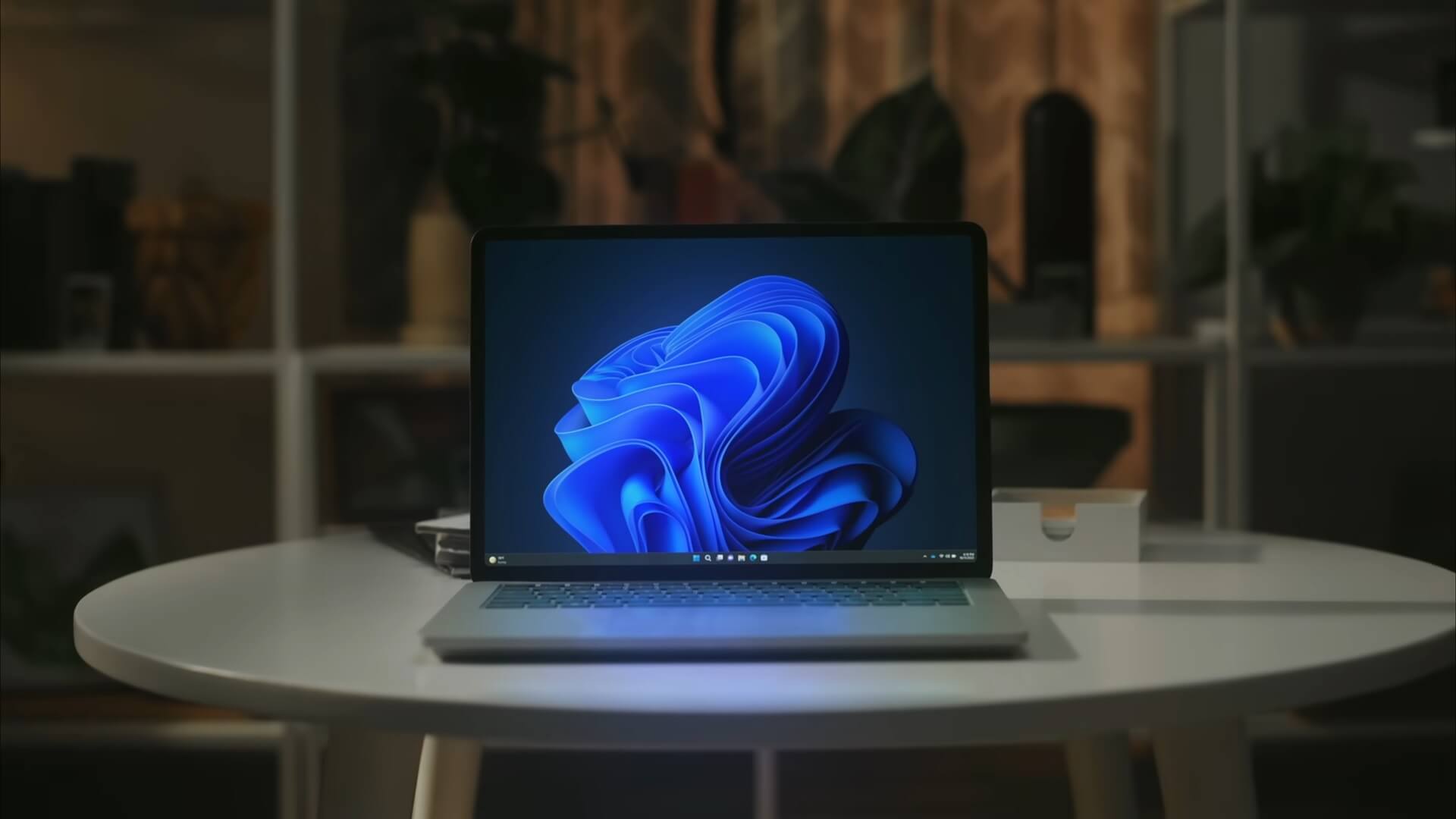This issue is real. I've dealt with it on two separate customer machines this week.
Gaming PC – 4TB Samsung 980 Pro (Elpis Controller)
- Stable in Windows until writing large chunks of data
- Crashes with WHEA_UNCORRECTABLE_ERROR
- No event logs captured
- SSD disappears from BIOS post-crash
- Requires full power cycle to restore visibility
- Issue reproducible consistently
Gaming Laptop – 1TB Kingston NV2 (Phison E21T Controller)
- Crashes with - INACCESSIBLE_BOOT_DEVICE
- No event logs captured
- SSD disappears from BIOS post-crash
- Requires full power cycle to restore visibility
- Issue reproducible consistently
KB5063878 couldn’t be uninstalled, and there were no restore points available.
Workaround:
I cloned the NV2 to a 1TB Kingston NV3 (different controller). That allowed me to boot into Windows. It eventually blue screened again with INACCESSIBLE_BOOT_DEVICE but at least I had a working environment to troubleshoot. To reduce disk I/O, I disabled all non-essential services and startup programs. After hitting a brick wall, I downloaded the Windows 11 ISO from Microsoft and installed it over the top while preserving the customer’s programs and files. Unfortunately, KB5063878 had been slipstreamed into the ISO, so the issue persisted. Luckily, I had a June ISO without KB5063878. I installed it over the top, while again, retaining the customer’s programs and files. After that, I carefully installed updates and used WuShowhide.diagcab to block KB5063878 as soon as it appeared. I also blocked the follow-up update it tried to push. I then cloned it back to the original 1 TB Kingston NV2 SSD and it worked.
No issues since.
This isn’t anecdotal - it’s repeatable, controller-specific, and disruptive. If you’re seeing similar symptoms, check your SSD controller and block KB5063878 before it takes your system down. Happy to share more details or logs if it helps others confirm the pattern.




